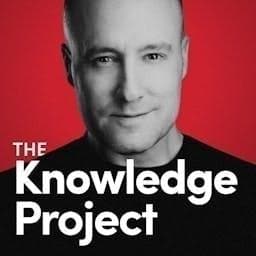Send us a text
Revolutionizing Battery Recycling: The Future of Sustainable Energy Management
As the world embraces the electric vehicle (EV) revolution, with 1.3 million EVs sold in 2023 alone—a 40% increase from the previous year—the issue of battery disposal and recycling is becoming increasingly critical. The demand for lithium-ion batteries, essential for EVs and other electronics, has skyrocketed, yet the challenge of managing these batteries at the end of their life remains largely unaddressed.
The Circular Economy and Battery Recycling
The concept of a circular economy, where products are reused, recycled, and remade into new products, is gaining traction as a sustainable solution to the growing battery waste problem. Traditional fossil fuels are consumed and discarded, but batteries, composed of valuable materials such as lithium, nickel, and cobalt, present an opportunity for continuous reuse. This shift from a linear to a circular model could significantly reduce the environmental impact of battery disposal.
Cling Systems: Pioneering Circularity
William Bergh, the Founder and CEO of Cling Systems, is at the forefront of this transformation. Cling Systems aims to revolutionize the battery supply chain through closed-loop recycling, ensuring that used batteries are efficiently reclaimed and repurposed. This approach not only reduces landfill waste but also conserves valuable raw materials, contributing to a more sustainable energy future.
Bergh's vision extends beyond recycling. He advocates for urban mining, a process where waste batteries are harvested for their raw materials, effectively replacing traditional mining. This method capitalizes on the fact that batteries, unlike fossil fuels, are not consumed but stored, making their materials available for repeated use.
Challenges and Innovations in Battery Recycling
Despite its potential, the battery recycling industry faces significant hurdles. One major challenge is the lack of standardization in battery design, which complicates the recycling process. Unlike lead-acid batteries, which are standardized and widely recycled, lithium-ion batteries vary greatly in their composition and design. This variability makes it difficult to develop efficient recycling processes that can handle the diverse range of batteries in use today.
Additionally, the supply of end-of-life batteries is highly fragmented. Batteries reach the end of their life in various locations, often ending up in drawers or being exported to different countries. This dispersed supply chain complicates the logistics of collecting and recycling batteries. Cling Systems addresses this challenge by creating a comprehensive database of battery types and conditions, enabling more efficient tracking and management of used batteries.
The Future of Battery Recycling
Looking ahead, the future of battery recycling hinges on continued innovation and collaboration. The industry must scale up recycling processes, standardize battery designs, and develop more efficient logistics systems. As urban mining becomes more prevalent, the reliance on traditional mining for battery materials could diminish, leading to a more sustainable and self-sufficient supply chain.
Bergh envisions a world where the environmental and commercial value of batteries is maximized through seamless recycling and repurposing processes. By removing the costs and complexities of circulating batteries, companies like Cling Systems are paving the way for a greener, more sustainable future. The shift towards a circular economy in battery management not only addresses the immediate waste problem but also suppo
Support the show
Things Have Changed




































